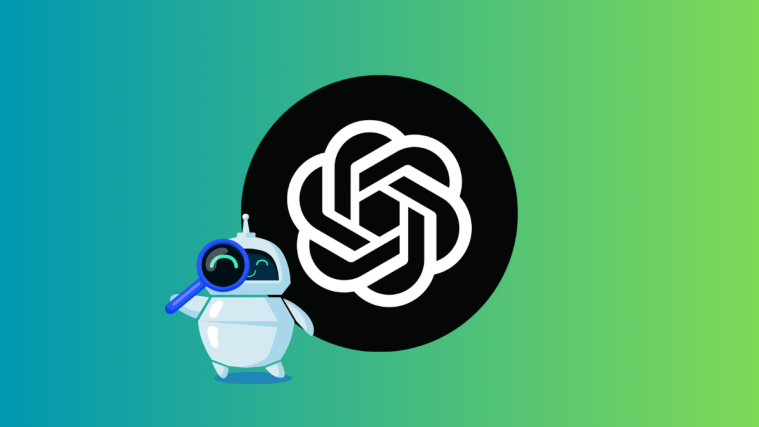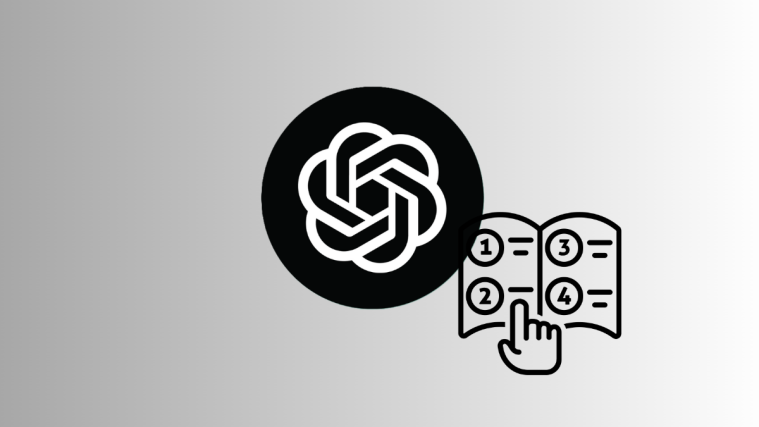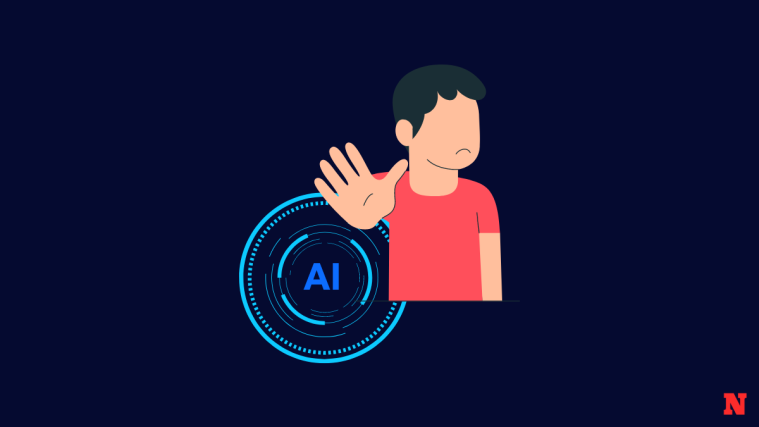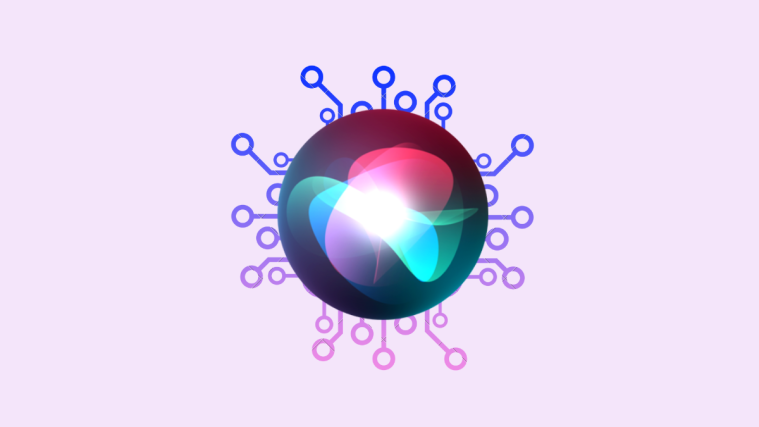What to know
- Universities can use AI detector tools like Turnitin, GPTZero, and AI Classifier to evaluate your written content and check for ChatGPT usage.
- Although these detectors aren’t 100% reliable, your professors can assess your work and find ChatGPT involvement using visual keys.
- Trusting ChatGPT to prepare assignments won’t be right for you as they can often create biased, outdated, or factually wrong content.
The use of AI has been booming ever since ChatGPT was introduced last year and among its wide range of applications, one thing it has been used for the most is writing essays and assignments. This has caused concerns for institutions and their professors as students can now create comprehensive assignments on any topic they’re asked for which may not be good to develop their own critical understanding and writing skills.
If you’re a university student and you’re thinking of whether to use ChatGPT for your work, the following post should help you understand whether your university will know when you create something with ChatGPT, the tools they can use to assess your work, and how your professors can detect AI-written content on their own.
Related: How Do Teachers Know if You Use ChatGPT
Can ChatGPT be detected? Are AI detector tools good at it?
Yes and no. Although there are AI detector tools that universities can use, they’re not reliable at all times. As we found out in our review of GPTZero, the results of using AI detectors are passable at best as there are some inconsistencies.
While these tools can detect long passages that may have been generated by ChatGPT, they come short when you want to check for AI involvement in short sentences. Another major drawback concerning these AI detectors is that they can even flag human-written excerpts as AI-made which makes them unreliable, at least for now.
There is, however, some scope for improvement, as these tools can upgrade their models with larger amounts of data. This may enhance their credibility over time but you’ll have to wait until such a tool arrives.
Related: Can Professors Detect Google Bard and ChatGPT?
Universities can use AI detectors
The large language models used by ChatGPT are easily detectable by AI detectors which themselves have grown in popularity since ChatGPT got released. These detector tools can deduce certain writing patterns, check texts for their randomness (sometimes referred to as “Perplexity” score), and asses how texts are distributed in a passage (otherwise called “Burstiness”).
Some of these tools can also highlight parts that they think were created using artificial intelligence and those that were written by a human. Here are some popular AI detector tools your university might use to check their students’ work:
- OpenAI AI Classifier
- GPTZero
- Corrector.App
- Writer
- Paraphrasingtool
- Turnitin
- Winston AI
- Content Scale
Related: Does ChatGPT Plagiarize? Tested and Explained.
ChatGPT content does look like ChatGPT content
ChatGPT can generate responses on a wide range of topics but professors can sniff when you’re using ChatGPT to write assignments from miles out. This is because it’s not very hard to deduce something that’s created on ChatGPT and if your professor is smart enough to notice it, they can quickly determine which of the students used ChatGPT to create their work.
With AI and ChatGPT being so popular already, universities have been on high alert to check ChatGPT usage and since a professor’s sole job is to assess your work, they’ll be able to check for visual hints in your submissions.
- Although the content you create inside ChatGPT can be pretty convincing to look at, it’s not always reliable in terms of producing accurate results. Since the content generated by ChatGPT is extracted from webpages accessible by the AI tool, professors may be able to identify whether your assignment has ChatGPT involvement if the text has information that’s biased, outdated, or factually incorrect.
- If your assignment is clean of any grammatical and spelling mistakes, your professors may easily be able to deduce that you used ChatGPT to prepare it. That’s because, unlike human work which can have some errors, ChatGPT-generated content will always be grammatically correct. If you’ve previously presented your work with some errors, professors may easily suspect you of using ChatGPT.
- Professors have a keen eye for assessing their students’ skillsets, behavior, and writing patterns. If you, as a student, have been using ChatGPT lately when submitting your work, your teachers may be able to find changes in your style of writing and your performance if it has improved or worsened significantly.
- ChatGPT is accessible to everyone, including other students. If a professor finds similarities between the content or style of writing across a bunch of assignments, it’s easy for them to flag which ones were submitted with the help of ChatGPT. Besides, professors themselves can use ChatGPT to check what kind of content the AI tool creates to assess their students’ work.
Related: Is ChatGPT Plagiarism? No. Here’s Why We Think So
Do ChatGPT codes get detected?
In addition to helping yourself prepare assignments, ChatGPT can also be used to generate codes for programming. If you’re wondering whether these codes can be detected, it’s not a straightforward answer. While AI detector tools can find flaws and patterns of general text written on a topic, they won’t flag the codes you generated using ChatGPT as AI-made.
However, professors may find your code suspicious if:
- You submitted an assignment with a certain style of code that hasn’t yet been taught at your university.
- You and several others in your class submitted the same set of codes for an assignment.
You also need to note that your professors can also try creating codes from ChatGPT themselves and compare your work with the generated results to assess who has been using ChatGPT in their assignments.
That’s all you need to know about whether universities can detect ChatGPT.
Related: Is GPTZero Accurate? Can It Detect ChatGPT? Here’s What Our Tests Revealed





